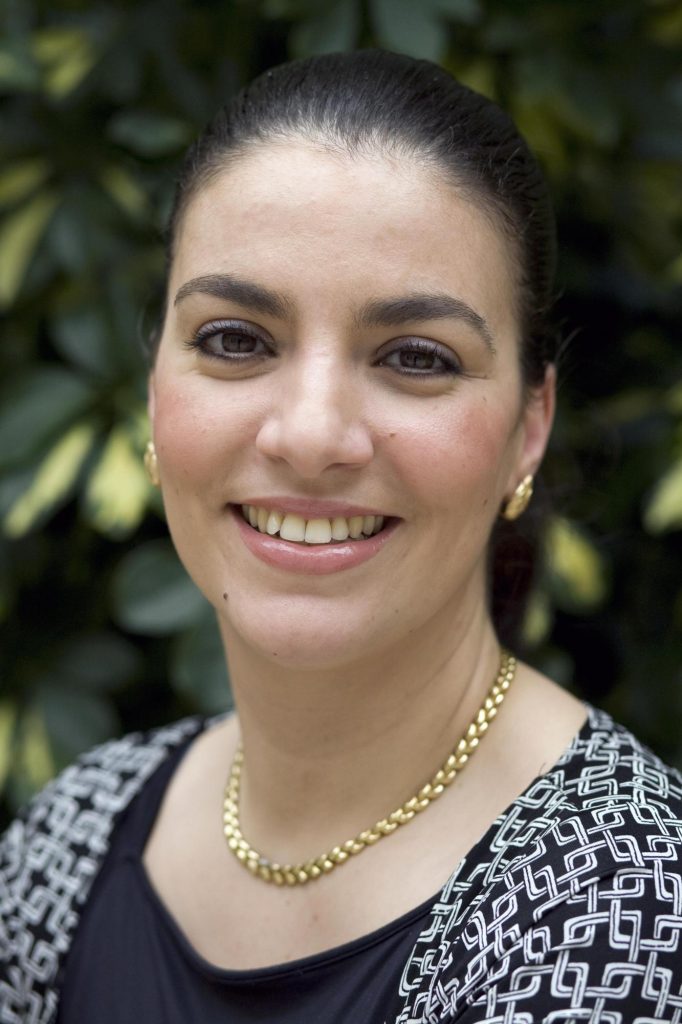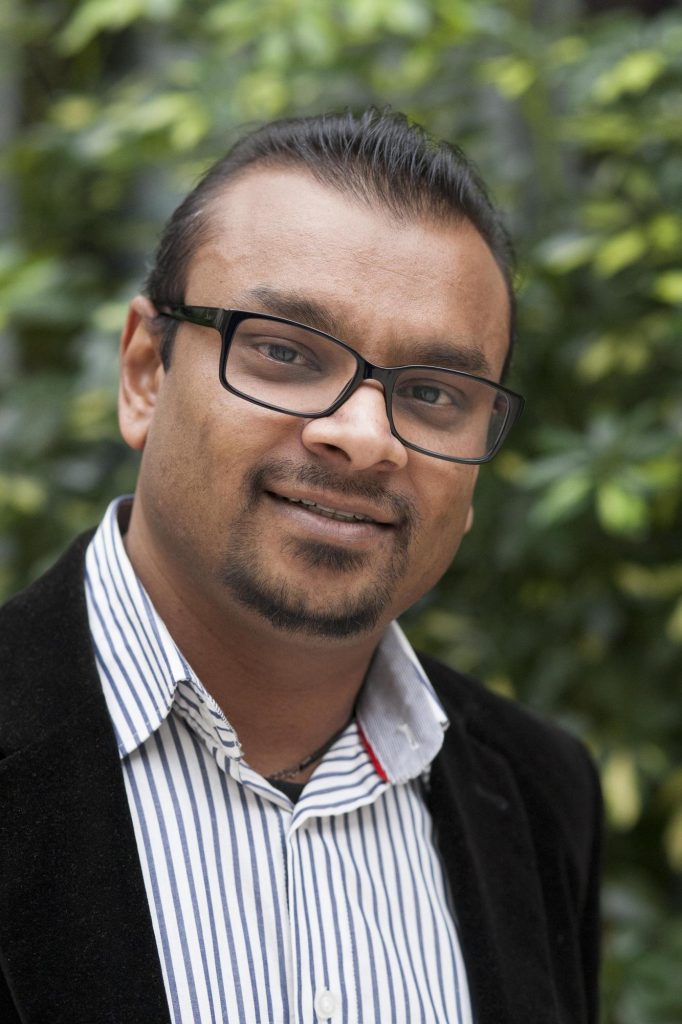There is currently no measurement round. We will send you an invitation letter when a new round starts.
Participants
I help HELIUS because...

“…As a nurse, I see that medication often does not work as well in non-white populations. There must be causes for that. HELIUS is helping to gain more knowledge about that. That way, future generations can count on better treatment and hopefully we can prevent these diseases in the future.“
Fatiha | Participant since 2011

“…I realize that good health is one of the most important things in live. And I am very well aware of the fact that a better health care can only be achieved by knowledge. With the knowledge of the HELIUS study, AMC and GGD Amsterdam are able to make adjustments to medical health care and develop prevention programmes to meet the specific needs of Ghanaians in Amsterdam. Please help HELIUS to pave the way to better health care for our children and grandchildren!”
Veronica van de Kamp | HELIUS ambassador

“…HELIUS is researching the causes of health disparities. I applaud that wholeheartedly! Maybe then in the future we will know more about why Hindustani Surinamese have a higher chance of diabetes. I also seize every opportunity to get myself checked extra. So reason enough for me to participate in HELIUS!”
Manodj | Participant since 2011

“…We Ghanaians consider education very important. Through research, we know that many Ghanaians in Amsterdam have high blood pressure and HELIUS is trying to find out why. This allows health care to be adjusted and prevention programs to be developed.”
Phyllis | Participant since 2011
Measurement round 1
24,789 participants participated
Measurement round 2
11,036 participants participated again
Sub-studies
Sometimes we conduct additional studies for which you can be invited
Participation is fun and valuable
- You are helping to create a healthier future for all!
- You will learn more about your own health
- We will send your personal results of the physical examination to you. Such as your blood pressure, cholesterol and blood sugar levels.
At this moment, there is no measurement round. However, you may be invited for additional research. If you are eligible, you will receive an invitation automatically. You cannot apply yourself.
Currently, there are the following sub-studies:
- HELIUS study on brain health.
- Additional research about healthier living and brain health (MIND-PRO)
Location
123 AB Streetname, 1234 AB Place
Location
123 AB Streetname, 1234 AB Place
Location
123 AB Streetname, 1234 AB Place
My privacy
Of course, we handle the data and material you give us very carefully. Read here more about how we do that.
What does HELIUS use my data and bodily material for?
The collection, use and storage of your data and bodily material is necessary to answer the research questions of the HELIUS study. And to publish research results in scientific journals. Research results are always published without personal data. No one can retrieve that it is about you. We only use your name, address and other contact information to invite you to the HELIUS study and to inform you about the results of the HELIUS study.
What data does HELIUS collect?
If you are participating in the HELIUS study, we ask for your permission to collect, use and store your data (and bodily material) for the HELIUS study. This includes:
- contact information: your name, address, e-mail address, phone number, general practice
- identity information: your date of birth, gender, ethnicity
- (Medical) data about your health that we collect during the study
- Body material: such as blood, urine and feces
How long will my data and bodily material be kept?
We retain your research data and body material to possibly use it at a later time to answer new research questions of the HELIUS study. The duration of the HELIUS study is 40 years. We keep your research data and body material for up to 15 years after the end of the HELIUS study. After that, we destroy it.
How does HELIUS protect my data?
To protect your privacy, we give your data and body material a unique code, for example, 653982. Researchers only use that code. They do not see your name or address. Of course, we handle the data and material you give us very carefully. We do this according to the security rules that apply. Read more about this in our privacy statement.
Frequently asked questions from participants
Will participants receive information about HELIUS results?
Over 200 scientific articles have already been published about the results of the HELIUS study. Read them on the Our Knowledge page.
There are also (online) participant meetings where researchers tell you more about the results of their research. If your email address is known to us, you will receive an invitation for these meetings. Please provide us with your email address if you would like information about these meetings.
What does participating in the study benefit me personally?
By participating in HELIUS, you are helping to improve health and health care for everyone. After the physical examination, you will know more about your own health, such as your blood pressure, cholesterol and blood sugar levels. We will send the results to you.
When will I receive an invitation for the HELIUS examination?
The previous measurement round was in 2019 – 2022. There is no measurement round now. However, you may be invited for additional research. If you are eligible, you will receive an invitation automatically. You cannot apply yourself.
What does HELIUS do with my bodily material?
In your blood we measure, among other things, your cholesterol and blood sugar. The results of these measurements are in a letter that we send to you and your doctor. We store some of the blood in the freezer for a longer period of time. This allows us to perform new measurements in the future while participants do not have to come to the study site again. We ask your permission for this. If you do not want this, you can still participate in the HELIUS study. Read more about what we do with your data and bodily material in the privacy statement.
What happens to the results of measurements done in my stored bodily material?
If the results are important to your health, we will inform your general practioner. If necessary, your GP will contact you.
If my results are good and I still have symptoms, should I still see a doctor?
If you are concerned about your health or have symptoms, always contact your doctor.
If you want to learn more about risk factors for cardiovascular disease, you can visit this website: https://www.thuisarts.nl/risico-hart-en-vaatziekten-verlagen/
For more information on health and well-being, visit the GGD Amsterdam website: www.ggd.amsterdam.nl
For advice and help, there is Stichting Korrelatie: www.mindkorrelatie.nl; phone: 0900-1450 (15 euro cents p/m).
I no longer live in Amsterdam, can I still participate in HELIUS?
You can always continue to participate in the HELIUS study. Even if you no longer live in Amsterdam. During the first measurement round of the HELIUS study, participants had to live in Amsterdam. Because we would like to follow participants over time, this is no longer a requirement for the follow-up rounds. We would be happy if you continue to participate in the HELIUS study!